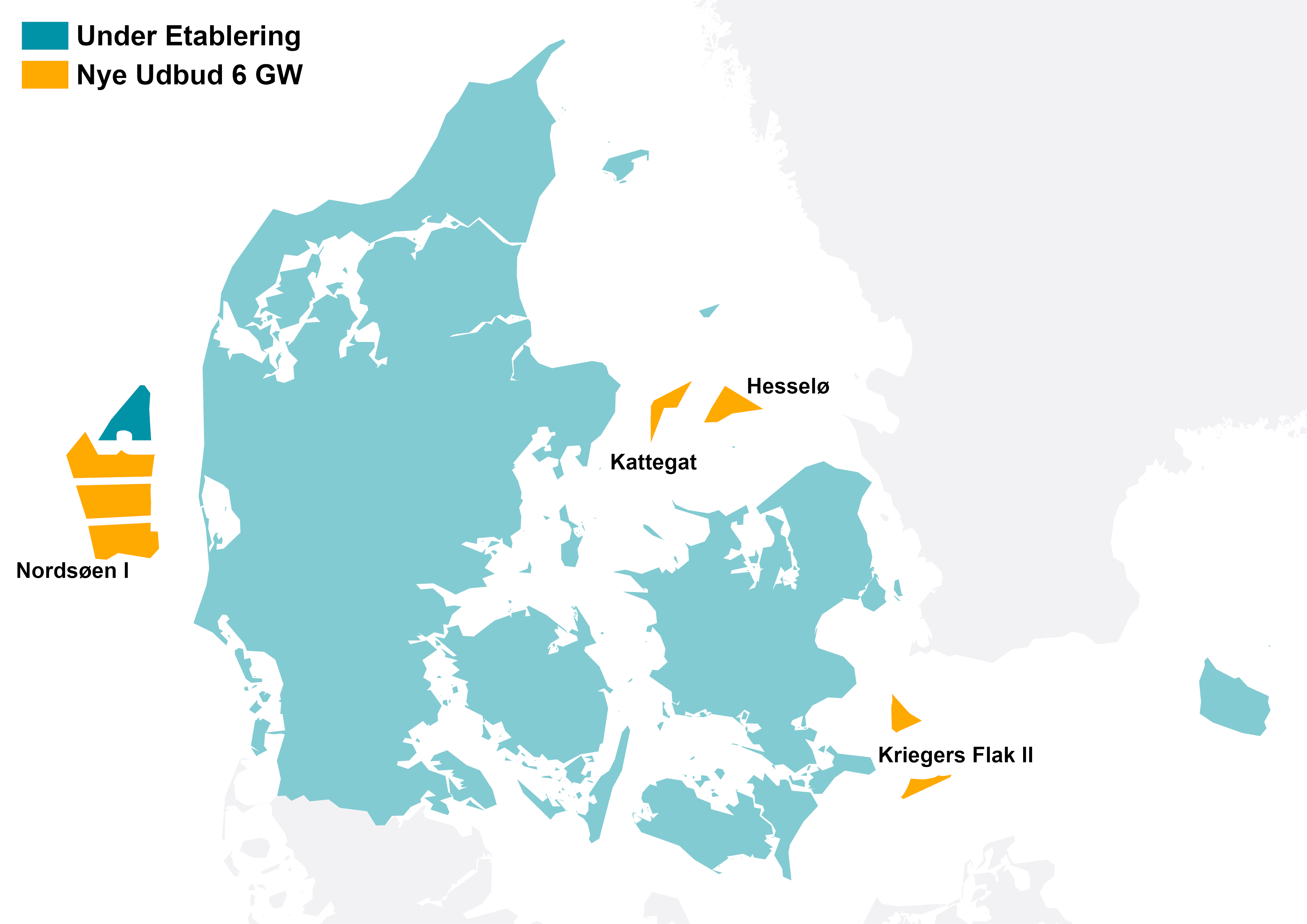The cost of foreign students claiming student grants (SU) has doubled since 2008, reports metroxpress newspaper.
In 2008, foreign students claimed 548 million kroner in SU. That number rose to 1.02 billion kroner in 2012.
The latest figures – which were given by the higher education minister, Morten Østergaard (Radikale), to parliament’s immigration and integration committee – seem to confirm fears about the financial impact of EU rulings that oblige Denmark to give EU to greater numbers of foreign students.
READ MORE: EU ruling on SU to cost millions
Unaffordable
“It is a burden on the welfare state’s finances,” Venstre’s SU spokesperson told metroxpress. “We have to accept that we can’t afford to educate all of Europe. This admission has not been made by the higher education minister, who has just accepted that the EU courts have opened up SU to welfare tourists.”
MP Peter Skaarup (Dansk Folkeparti) also argues that it is a waste of money to give foreign students grants if they don’t stay in Denmark.
“There are also a number of Danish students who can’t get into university because their places are taken by foreign students,” Skaarup told Berlingske Nyhedsbureau.
READ MORE: EU welfare rulings challenge benefits of open borders
Rising costs
While the cost of providing SU to foreign students is expected to rise by over 200 million kroner after recent EU rulings take effect, Østergaard argues that the issue is not that pressing.
“SU for foreigners is good business for Denmark and if we can get even more to stay and work after finishing their studies, the business will only improve,” Østergaard told metroxpress, adding that cost of giving foreigners SU is small given the grant system's total costs of 20 billion kroner bill.
In September, Danish MEPs agreed at a conference that the SU system was open to abuse by other EU citizens, but that the impact was likely to be limited.













